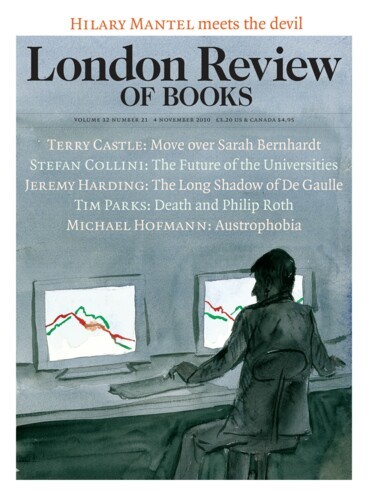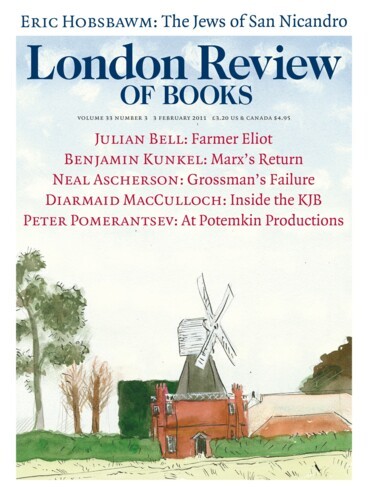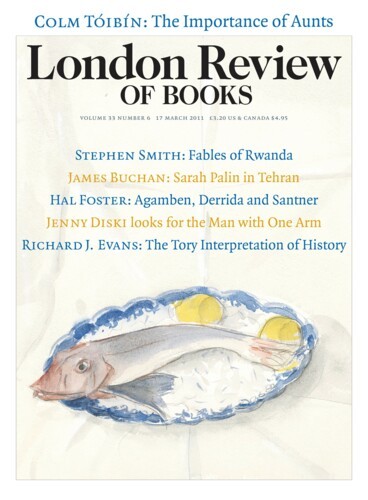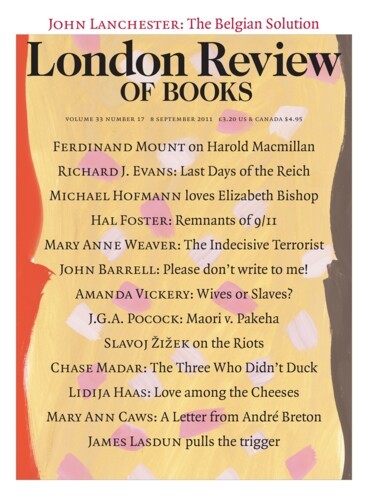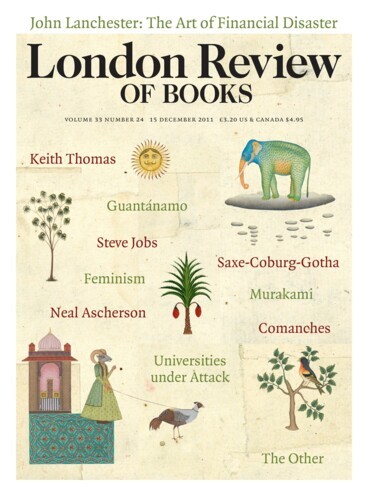Who remembers the Poles? Between Hitler and Stalin
Richard J. Evans, 4 November 2010
‘Who, after all, speaks today of the annihilation of the Armenians?’ Adolf Hitler asked his generals in 1939, as he told them to ‘close your hearts to pity,’ ‘act brutally’ and behave ‘with the greatest harshness’ in the coming war in the East. It’s often assumed that in reminding them of the genocide of at least a million Armenians by the...
